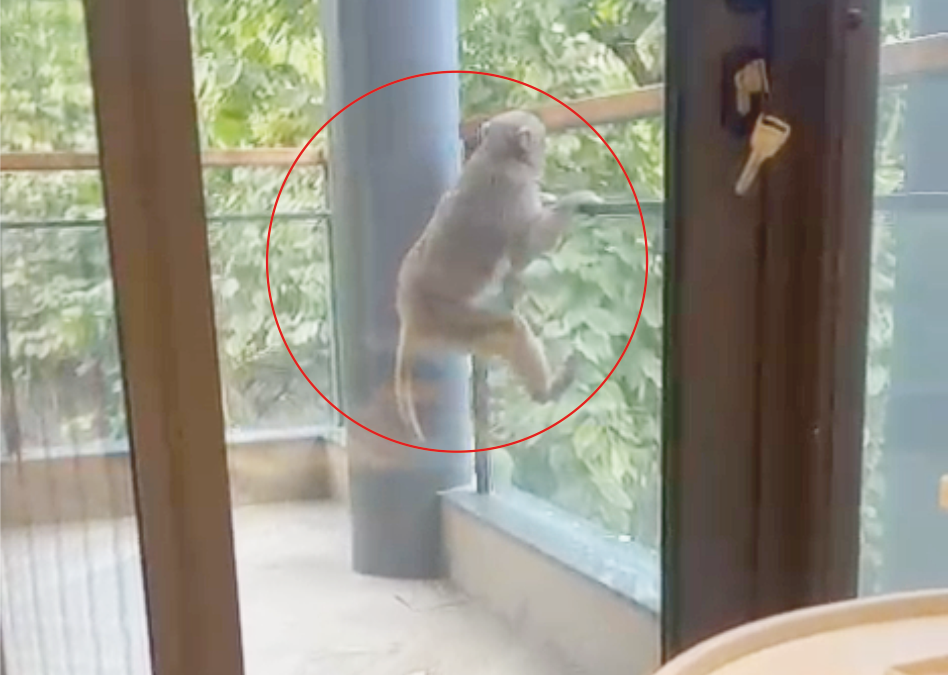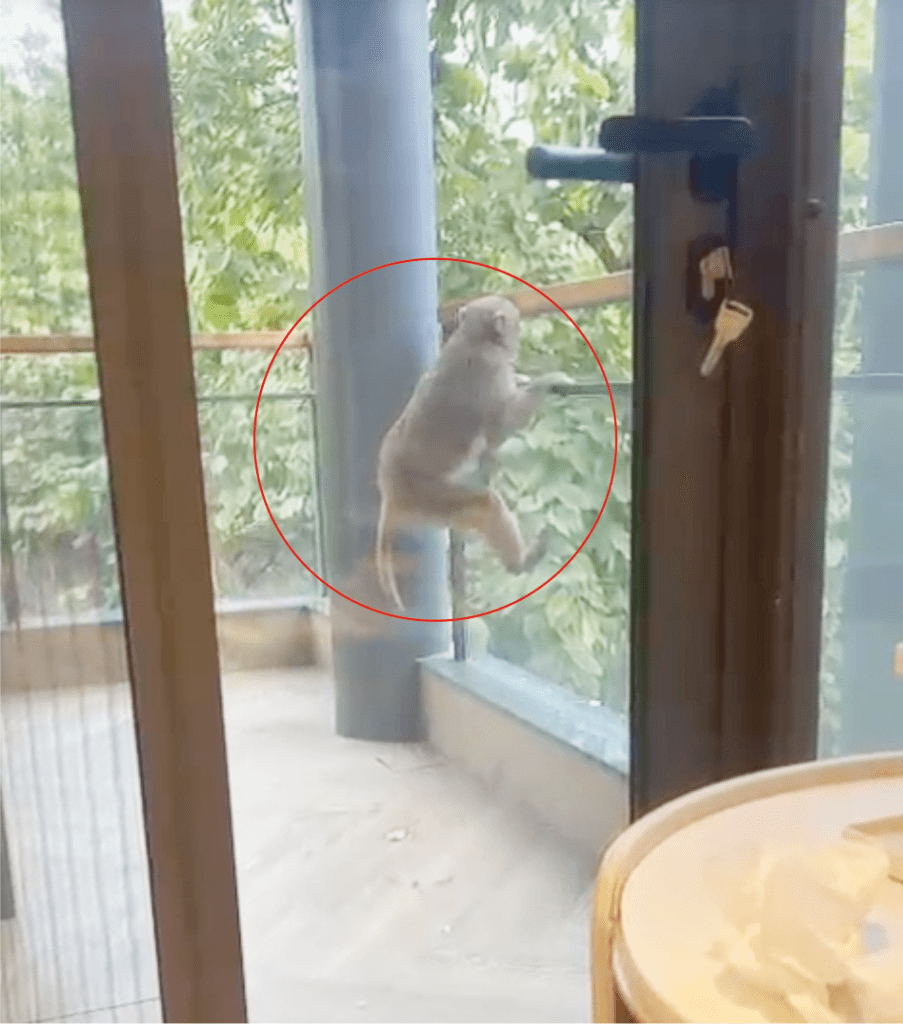As children, we are constantly told to be nice. Most of us, a lot of times, are, therefore, compulsively nice, often at a cost to self. As the most evolved species of the animal kingdom (debatable but widely accepted popular belief), we are also bound by either a desire to demonstrate compassion or to feel quite guilty about not doing so! For most of us, feeding animals, especially in our vicinity and surroundings, stems from this childhood value of compassion. Sometimes, some of us feel guilty about our privilege, so we believe in feeding those less fortunate than us. Sometimes, it comes from a religious sentiment or even a habit based on our family values. Unless one is a sociopath, demonstrating compassion, even if one doesn’t feel it, can be ritualistic.
Monkeys, since time immemorial, have commanded religious, cultural, and anthropomorphic attention, especially in India. Putting food out and then seeing monkeys feast on it, therefore, instills a sense of “divine connect” or “being blessed”.
But as it happens in life, the divine connection is fine as long as there is no “demand” or “expectation”.
Over the past few months, the residents of Anand Niketan have been traumatised by the activities of a group of monkeys who have descended upon them and frequent houses as well as common areas in search of food. If food is not available, they eat small plants, trash garden furniture, etc., and generally let their displeasure from hunger be known. Monkeys are scary because they are close enough to human behaviour; in fact, in terms of troop behaviour, they are more agile, swift, and fierce than their human counterparts and in terms of clan behaviour, they demonstrate similar social and familial bonds. As humans expand their footprint over natural habitats, monkeys are one species that is capable of staking claim on human turf! Their menace has a message – they need food and space too!
“Let’s get langurs to scare them off,” some said. “Can we?” said others. The solution – let’s get some cut-outs. The effectiveness of these cutouts remains to be seen, but what are the citizen actions that can help? Don’t be nice and stop putting food out. The most charitable thing we can do right now for our children (who run the risk of wanting to play with them and getting attacked), maids (who have to clean the mess left behind), and neighbours (who may not be the ones putting food out but can’t move out because a monkey family is around) is to simply not “be nice” but seek peace. Empathy can have many facets, including not leaving food out and not reacting to monkeys if you see them walking around – after all, they cannot eat peace! Allow them to wander in search of food rather than feeling deific, resulting in a contrived sense of responsibility to feed them.
LIVE AND LET LIVE
These simple steps may, just may, make them migrate out and let Anand Niketan become Anandniya again.
Popular Stories
How To Revive Your Rainwater Harvesting System
The Water Couple’s Journey: From Cleaning Tanks to Complete Water Solutions!
Locals Felling Trees Near Sec A Pkt C
Winning Has Become a Habit for Divya
Is Green Park Heading Towards A Slum
Haphazard Parking, Narrow Walking Space In M Block Market
Recent Stories from Nearby
- ‘संवाद के माध्यम से तो हम परस्पर संवाद कर ही सकते हैं’ April 1, 2025
- Basant Panchami Celebrations Bring Festive Cheer to the Sector April 1, 2025
- Spring Spectacle! April 1, 2025
- Ladies Of The Sector Make The Perfect Eight April 1, 2025
- Spotted! April 1, 2025








